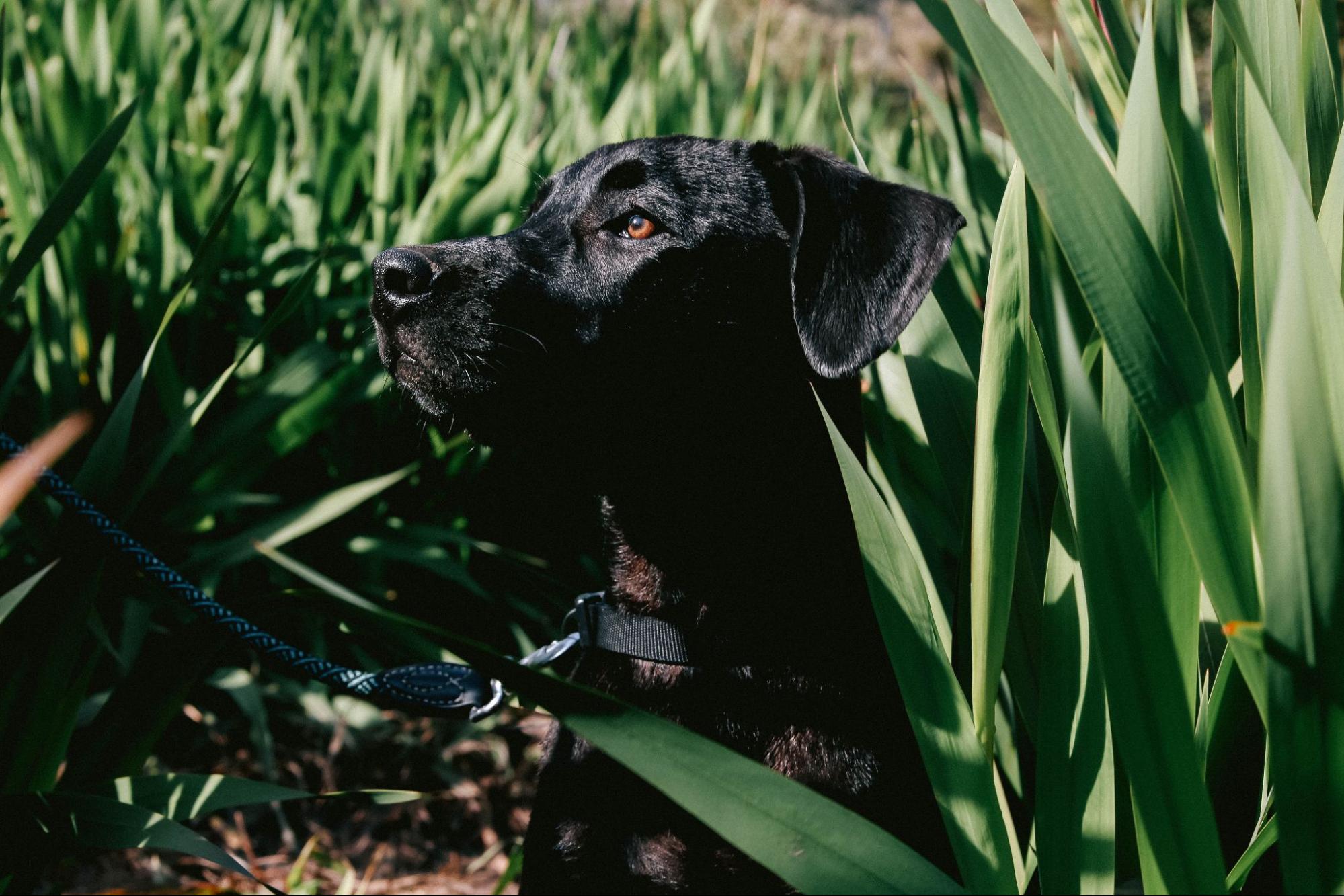How to Stop Puppy Nipping
If you’re the proud owner of a new Labrador puppy, you might be surprised by their tendency to nip and bite. It’s not aggressive behavior – it’s actually quite normal for these little furballs. Puppy nipping is how they explore their world, play with others, and even get your attention. However, as cute as your pup may be, having those sharp little teeth sink into your skin isn’t exactly fun.
So here are some tips on stopping Labrador nipping before it becomes a habit that continues into adulthood. I’ll share my knowledge and experience to guide you through this important part of puppy training.
First off, let’s understand what prompts this behavior. Puppies use their mouths much like babies do – to explore their surroundings. It’s a way for them to learn about the world around them. However, when they’re with their siblings in a litter, biting too hard will result in loud yelps from the bitten sibling – teaching the nipper that his bite was too strong.
And therein lies our first tip: when your Labrador puppy bites you, respond with a high-pitched yelp or ouch! Just like his siblings would have done in the litter. This should startle him enough to make him stop – at least momentarily!
Understanding Labrador Nipping: A Natural Behavior
If you’re a new labrador owner, it’s quite possible that you’ve found yourself on the receiving end of some playful nips. Let me explain why this is common behavior and how understanding it can be your first step in curbing it.
First off, nipping isn’t just a Labrador thing – it’s prevalent among all dog breeds during their puppy stage. Puppies explore their world with their mouths, much like human infants do with their hands. It’s part of their learning process as they interact with their environment and decide what’s safe and what isn’t.
Labradors are also known for being oral breeds due to their history as hunting dogs. They were bred to retrieve game birds without damaging them – hence the soft mouth grip. This has carried over into domesticated labs who often show affection or curiosity by mouthing objects or people around them.
Moreover, labrador pups have teething phases where they feel an incessant need to chew on something, anything – including your fingers! Nipping helps alleviate discomfort from emerging teeth, which usually occurs between 2-6 months of age. If not properly managed at this stage though, casual nipping can turn into a persistent habit even after the teething phase has passed.
Lastly but certainly not leastly – puppies nip during playtime! It’s an instinctive behavior derived from pack dynamics where young ones learn social cues through rough-and-tumble play.
Understanding these reasons behind your Lab’s nipping is essential before moving onto any tips for stopping labrador nipping. The aim shouldn’t be to suppress this natural behavior outright but rather channeling it appropriately so neither you nor your furry friend gets hurt in the process.

Why Do Puppies Engage in Nipping?
Let’s dive into the heart of the matter. Why do puppies engage in nipping? It may surprise you to learn that this is actually a natural behavior for our furry friends, especially for active breeds like Labradors.
First and foremost, puppies use their mouths to explore the world around them. Like human babies who put everything in their mouths, pups are no different. They’re curious creatures and nipping can be part of their investigative process.
Furthermore, consider how young dogs interact with each other. They often play by wrestling and nipping at each other. This isn’t out of aggression; it’s simply a form of communication among canines.
And then there’s teething – an important phase every puppy goes through. When those new teeth start coming in, your labrador pup might resort to nipping as a way to soothe the discomfort they feel.
Here’s another thing: Puppies nip when they’re seeking attention or trying to engage you in playtime. If they notice that every time they nip, you react (even if it’s negative), it encourages them because they’ve successfully caught your attention!
Lastly, some pups may nip out of fear or anxiety – but this is less common than the reasons above.
- Curiosity: Puppies are exploring their environment.
- Playfulness: Nipping is part of canine interaction during play.
- Teething: New teeth cause discomfort leading to more nips.
- Attention-seeking: Dogs know that nipping gets a reaction.
- Fear or Anxiety: Less common but still happens sometimes.
Understanding these underlying reasons behind puppy nipping is crucial before we delve into tips on stopping Labrador nipping!